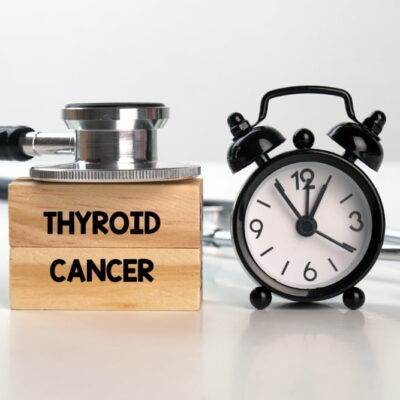
6 Tips to Prepare Women for Menopause
Typically, women enter menopause at the age of 51 years. However, most women dread its onset, and the reason is quite apparent – mood swings, hot flashes, and other irritable symptoms of menopause. All its symptoms sound and feel quite overwhelming. Although menopause is inevitable, it should not be a challenging phase. So, to help women sail through without much discomfort, here are some tips to prepare them for menopause.
1. Follow a nutrient-rich meal regime
It is important to keep a check on the body’s nutritional requirements. As one grows older, the susceptibility to osteoporosis and health diseases aggravates, making it crucial to opt for some healthy choices. To stay healthy, consider eating whole grains, fruits, and vegetables. Limit fat intake and opt for fiber-rich foods. One can also consider including vitamin D-rich foods in one’s daily meals.
2. Exercise daily
Being physically active is imperative to boost heart health and maintain one’s overall wellness. Consider strength training to maintain bone density. It also lowers the probability of osteoporosis. Exercise also helps manage stress, which is often a concern during menopause and perimenopause.
3. Prioritize sleep
Menopause can hamper one’s sleep patterns. While some women experience insomnia, others wake up in a hot flash-induced pool of sweat. To better one’s sleep schedule, have a bedtime routine. For instance, a nice, warm bath followed by a cup of lukewarm milk and some chapters of one’s favorite book can be a good routine. By following this pattern, one can hint their body that it is time to wind up and prepare to sleep.
Moreover, one can keep their bedroom cool and well-ventilated through a fan or an open window to make the hot flushes feel more bearable. Layer the bed with a thin sheet that one can kick off the duvet when hot but still be cozy. Further, one must consider sleeping in light cotton pajamas.
4. Schedule regular health checkups
Women often think they no longer need to see their gynecologist after menopause. However, it is far from the truth. In menopause, too, women must schedule regular health checkups for the requisite guidance and support.
One’s healthcare practitioner can alert them of the symptoms. They can also help one avoid or minimize fatigue and loss of bone density and monitor one’s body for any underlying health issues. Moreover, they will help one manage the symptoms better and recommend preventative health examinations like colonoscopies and mammograms if required.
5. Consider Kegel exercises regularly
Women in their late 30s and early 40s undergo a transitional phase called perimenopause. During this period, many women endure urinary incontinence. As part of this condition, nerve and muscle leaks in the pelvic floor result in uncontrollable urine leaks. But one can take measures to strengthen pelvic control by regularly indulging in Kegel exercises or pelvic floor muscle training. These exercises can help the pelvic muscle relax and contract better for improved stream control. Kegel exercises also aid in vaginal tightness.
6. Manage stress
With symptoms like mental fogginess, hot flashes, and other irritable menopause signs, one may stress out easily. It might make one overwhelmed, especially if one does not know how to handle their emotions before perimenopause. So, one must be prepared and learn to manage stress better. Regularly practicing stress management techniques like socializing, unwinding, meditating, journaling, and deep breathing can help one manage stress and enhance their overall wellness.


